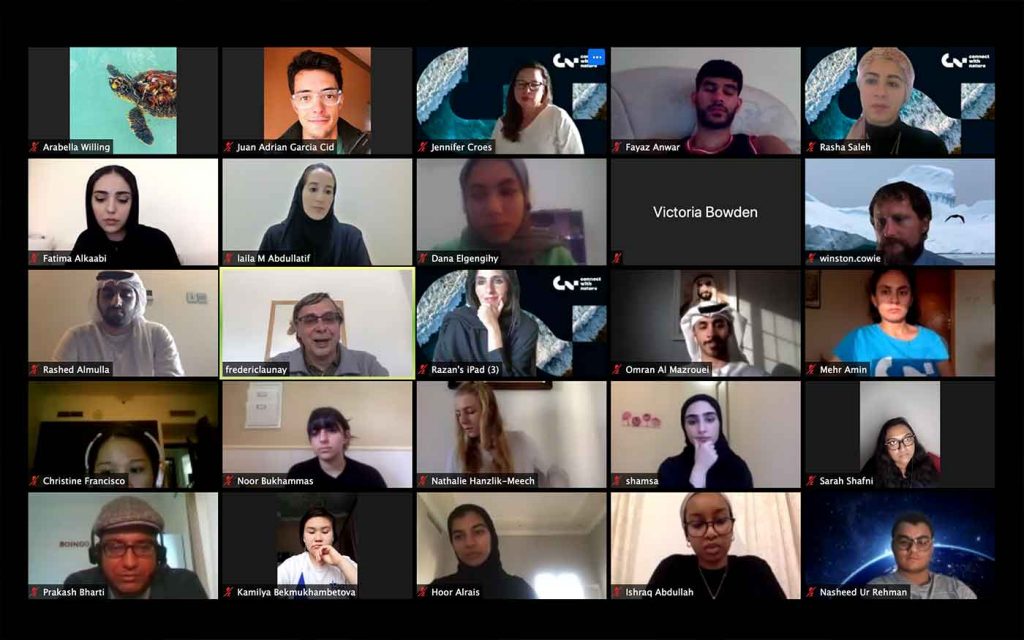English Español Français العربية

Dear friends,
Many of us know firsthand how the pandemic is impacting our critical conservation work. Until now, however, we did not have a global snapshot of the far-reaching consequences of the pandemic on conservation activities worldwide.
Today I am sharing the results of a survey of more than 300 active conservationists doing work on the ground in 85 countries. Conducted by the Mohamed bin Zayed Species Conservation Fund, where I have served as founding managing director since 2008, the survey reveals that more than 70 percent of our grantees have had their work canceled or postponed, with many expressing concerns that the lockdowns would increase threats to the species they have dedicated their careers to protecting.
While the results highlight how critical conservation fieldwork has been severely disrupted, I believe they also provide us with a roadmap for developing a long-term nature recovery plan. I invite you to read more about the survey results on my website, and I look forward to hearing your feedback.
I will leave you with a literal seed of hope that bloomed during the pandemic lockdown. As reported in the conservation news site World Atlas, one of our grant recipients, Dr. Jaime Güemes, Director of the Botanical Garden of the Universitat de Valéncia in Spain, shared that the critically endangered Gador Snapdragon has bloomed in a nursery for the first time ever this spring - a small but important step toward survival for a species with just five plants remaining in the wild. You can read more about this inspiring success story here.
Listening to the concerns of IUCN members and conservationists in the field is essential to informed decision-making as we confront both this pandemic and efforts to protect biodiversity. If I am elected IUCN president, I will be committed to this type of collaborative leadership.
Razan Al Mubarak Meets 200 Youth Environmentalists
Read More
Sincerely,
Razan Al Mubarak
Candidate for IUCN President
Managing Director of Mohamed bin Zayed Species Conservation Fund



